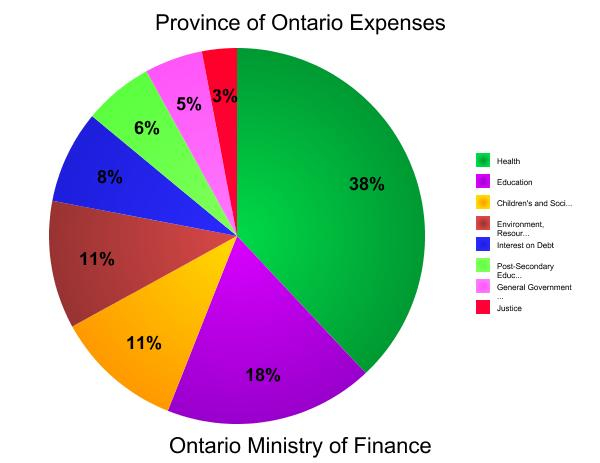Stephen Harper said yesterday, "To succeed, what the world must become in the future is what Canada is today."
I'd like to know how he expects that to work. If every person on the planet used the same amount of energy as the average Canadian, the world would need more than 5 times the energy it currently uses in a year. Somehow, I don't think the oil sands or all the fracking and deep-sea drilling in the world will ever make that a possibility.
Not to mention it would take numerous planets for every person on just this planet to have as much space per person that we enjoy. And where's all the food gonna come from? Other than our slightly plumper neighbours to the south, we're the fattest people in the world.
We like to think of ourselves as a fair and just people. Is it fair or just for us to expect China to reduce its emissions before we do, when per person we use over 8 times the amount of energy that they use? I'm not saying China's emissions are acceptable. They're atrocious, actually. But who are we to say that the developing world doesn't deserve to live just like we do, or that they can't burn coal to get there, just like we did? Do we really expect the developing world to continue living in poverty so that we can continue to live in excess? I don’t think so...
So what are we supposed to do in order to give the developing nations a real chance to catch up? Business as usual isn’t an option. We’ll never have the resources to support a global population that lives as we do in the developed world. No matter how much bitumen gets forced through B.C. and onto tankers headed for China and India, it will never be enough to support their energy needs. And China and India are just the newest up and comers. What about the countries that follow them? How can we possibly hope to ever support the poorest countries on Earth in their struggle to provide their citizens a decent standard of living when our own standard of living isn’t even close to sustainable?
Will standards of living across the board just average out until we’re all living substandard lives? It’s a very real possibility that that is exactly what will happen if the developed nations of the world don’t stand up real soon and pave (or better yet, de-pave) a better route. We’re responsible for 76% of the emissions in the atmosphere. The U.S. alone is responsible for 29% of the total CO2 that humanity has pumped into the atmosphere since the mid-1800s. Can we really continue to lay the blame for the mess we’re in on China? I don’t think so...
We’re responsible. It’s up to us to find the solutions for the problems we’ve caused. We have the resources - the science, the technology, the finances, and more - to change the way we live without sacrificing our quality of life, while simultaneously providing a real example for the developing world to follow.
Instead of cutting the funding for some of our most prestigious and internationally-recognized environmental projects and funneling it into resource extraction and fighter jets, we should be at the forefront of sustainability research and education.
Instead of building more roads and expanding our suburbs, we should be rebuilding our cities to accommodate more people in less space, with an equal or even better quality of life.
Instead of devoting countless acres of farmland to ethanol production and unnatural, unhealthy feed for livestock, we should be driving less to reduce the need for alternative fuel sources, and we should be eating less but healthier meat (grass-fed not corn- and soy-fed).
Instead of wasting our time maintaining front and back lawns, we should spend that time converting our lawns to gardens, providing both nourishment for our families and habitat for the very species our ecosystems depend on.
Instead of thinking only of ourselves, we should be thinking of the people struggling to survive in today’s world, and the countless more people that will be struggling to survive in tomorrow’s world if we don’t start changing today.











